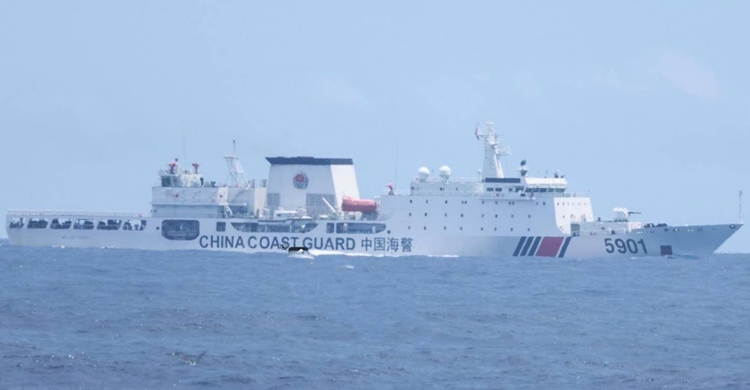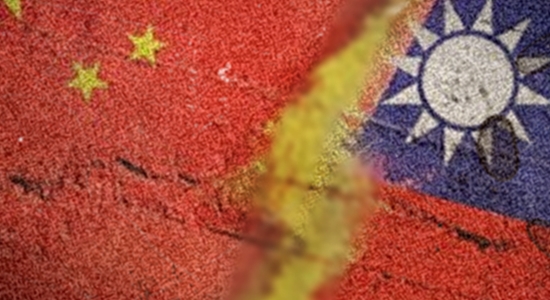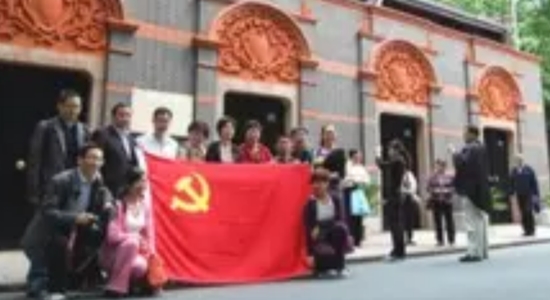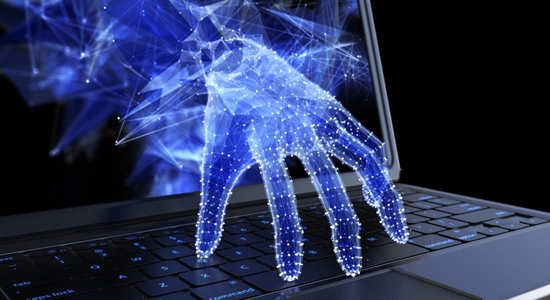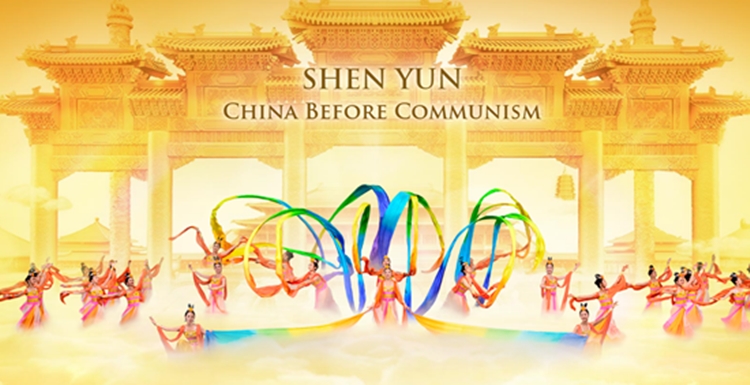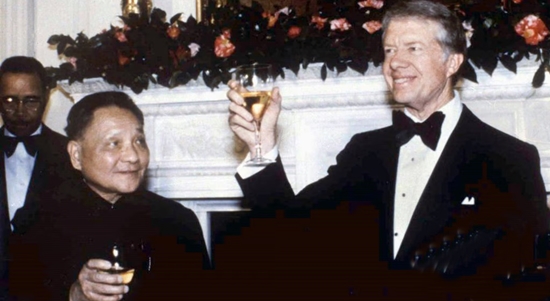
Another “old friend of China” or of the Chinese Communist Party has expired. Last November, CCP buddy Henry Kissinger died, also at age 100. Now it’s Jimmy Carter, acceptor of the baton of China-appeasement from the Nixon-Kissinger administration, who is no longer with us.
In the summation of the South China Morning Post, “Human rights champion welcomed Deng Xiaoping to White House in landmark 1979 trip capping official diplomatic ties between Beijing and Washington. In recent years, Carter warned against inducing modern Cold War if US and China viewed each other as threats” (December 29, 2024).
Though presumably not Carter’s exact words, the above is a perfect Carteresque formulation, implying that it is the treating of a threatening actor as a threat that causes the threat.
Here are some of Carter’s exact words, from a 2018 op-ed by Carter reprinted by the Carter Center:
I hear Chinese elites claiming that Americans are conducting an “evil conspiracy” to destabilize China. I hear prominent Americans, disappointed that China has not become a democracy, claiming that China poses a threat to the American way of life. U.S. government reports declare that China is dedicated to challenging U.S. supremacy, and that it is planning to drive the United States out of Asia and reduce its influence in other countries around the world.
If top government officials embrace these dangerous notions, a modern Cold War between our two nations is not inconceivable. At this sensitive moment, misperceptions, miscalculations and failure to follow carefully defined rules of engagement in areas such as the Taiwan Strait and South China Sea could escalate into military conflict, creating a worldwide catastrophe.
It’s like ether, an insubstantial something that is somehow eroding mutual good faith, resulting in things like “failure to follow carefully defined rules of engagement in areas such as the Taiwan Strait and South China Sea.” How often is the United States ramming ships in the South China Sea and how often is the United States trying to scare the shit out of Taiwan?
If the Chinese government behaved like the Canadian government—or, let’s say, the pre-Trudeau Canadian government—would the U.S. be regarding China as a threat?
The worst thing about Carter, who spent his whole life after his term as president trying to atone for it, is that he always remained the same guy.
South China Morning Post:
The one-term American leader was remembered for his effort to normalise US-China relations during his presidency.
He built on rounds of diplomatic efforts initiated by his predecessor Richard Nixon’s historic visit to China in 1972, a trip that ended a 25-year freeze in relations between the two governments.
In December 1978, Carter announced that diplomatic ties with the People’s Republic of China had been established, ceasing official recognition of the Republic of China government in Taipei.
The U.S. imposition of tariffs on $200 billion worth of Chinese goods, and China’s retaliatory tariffs, contribute to the deteriorating relationship, hurting both countries.
As president, Carter continued the Nixon-Kissinger thaw. No cold-war mentality there. Not toward the People’s Republic of China. It was only the Republic of China that got left out in the cold.
Among the “major accomplishments in foreign policy” that The New York Times obit attributes to Jimmy Carter is “opening diplomatic relations with China” and “pushing through a Panama Canal treaty.” These two happenings are now related in a way that Carter probably did not foresee.
Also see:
StopTheChinazis.org: “Trump’s Promise to Take Back the Panama Canal Is a Move Against China”
StopTheChinazis.org: “Cutting Off Knowledge of China and Trade Governance Makes Arguments Poorer”
